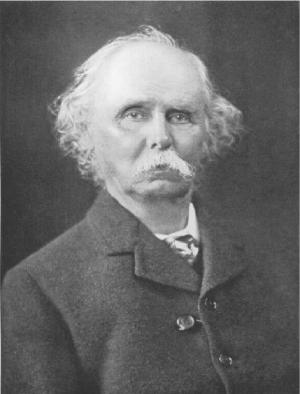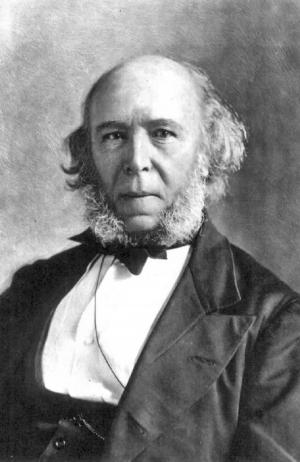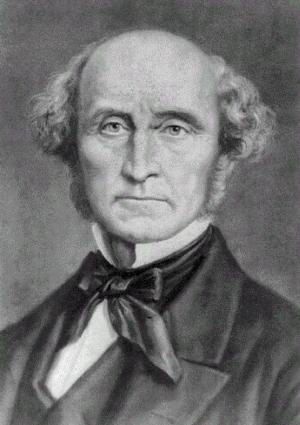| Author: | Charles Dickens | ISBN: | 1230000270166 |
| Publisher: | AS Team | Publication: | September 24, 2014 |
| Imprint: | Language: | English |
| Author: | Charles Dickens |
| ISBN: | 1230000270166 |
| Publisher: | AS Team |
| Publication: | September 24, 2014 |
| Imprint: | |
| Language: | English |
The book has an active table of contents for readers to access each chapter.
Adam Smith died on July 17, 1790 one year before French Revolution from 1789 to 1799. He as a founder of free market economic system is best known for two classic works The Theory of Moral Sentiments (1759) and The Wealth of Nations (1776).
Charles Dickens as one of the great English writers and social critics died on June 9, 1870. He visited factories in Manchester in 1839 and was shocked by the environment in which workers toiled. Drawing upon his own childhood experiences, Dickens resolved to "strike the heaviest blow in my power" for those who labored in horrific conditions. The Utilitarians were one of the targets of this novel.
Dickens is best known for Hard Times and A Tale of Two Cities. The books appraise English and French societies and are aimed at highlighting the social and economic pressures of the times during French Revolution.
While Adam Smith’s work presents us an economic world from the eyes of an economist for English Industrial Revolution, Charles Dickens novels Hard Times and A Tale of Two Cities show us a world of English Industrial Revolution from a great English writer.
Reading through Hard Times, you can learn the live picture in Paris and London during Smith’s time.
“It was the best of times,
it was the worst of times,
it was the age of wisdom,
it was the age of foolishness,
it was the epoch of belief,
it was the epoch of incredulity,
it was the season of Light,
it was the season of Darkness,
it was the spring of hope,
it was the winter of despair”
This is one of the best books to learn the social background of The Utilitarianism founded by Jeremy Bentham, James Mill, and John Stuart Mill of England political theorist. It is also for the readers who are interested in studying the historical background when Adam Smith wrote the Wealth of Nations.
The book has an active table of contents for readers to access each chapter.
Adam Smith died on July 17, 1790 one year before French Revolution from 1789 to 1799. He as a founder of free market economic system is best known for two classic works The Theory of Moral Sentiments (1759) and The Wealth of Nations (1776).
Charles Dickens as one of the great English writers and social critics died on June 9, 1870. He visited factories in Manchester in 1839 and was shocked by the environment in which workers toiled. Drawing upon his own childhood experiences, Dickens resolved to "strike the heaviest blow in my power" for those who labored in horrific conditions. The Utilitarians were one of the targets of this novel.
Dickens is best known for Hard Times and A Tale of Two Cities. The books appraise English and French societies and are aimed at highlighting the social and economic pressures of the times during French Revolution.
While Adam Smith’s work presents us an economic world from the eyes of an economist for English Industrial Revolution, Charles Dickens novels Hard Times and A Tale of Two Cities show us a world of English Industrial Revolution from a great English writer.
Reading through Hard Times, you can learn the live picture in Paris and London during Smith’s time.
“It was the best of times,
it was the worst of times,
it was the age of wisdom,
it was the age of foolishness,
it was the epoch of belief,
it was the epoch of incredulity,
it was the season of Light,
it was the season of Darkness,
it was the spring of hope,
it was the winter of despair”
This is one of the best books to learn the social background of The Utilitarianism founded by Jeremy Bentham, James Mill, and John Stuart Mill of England political theorist. It is also for the readers who are interested in studying the historical background when Adam Smith wrote the Wealth of Nations.















